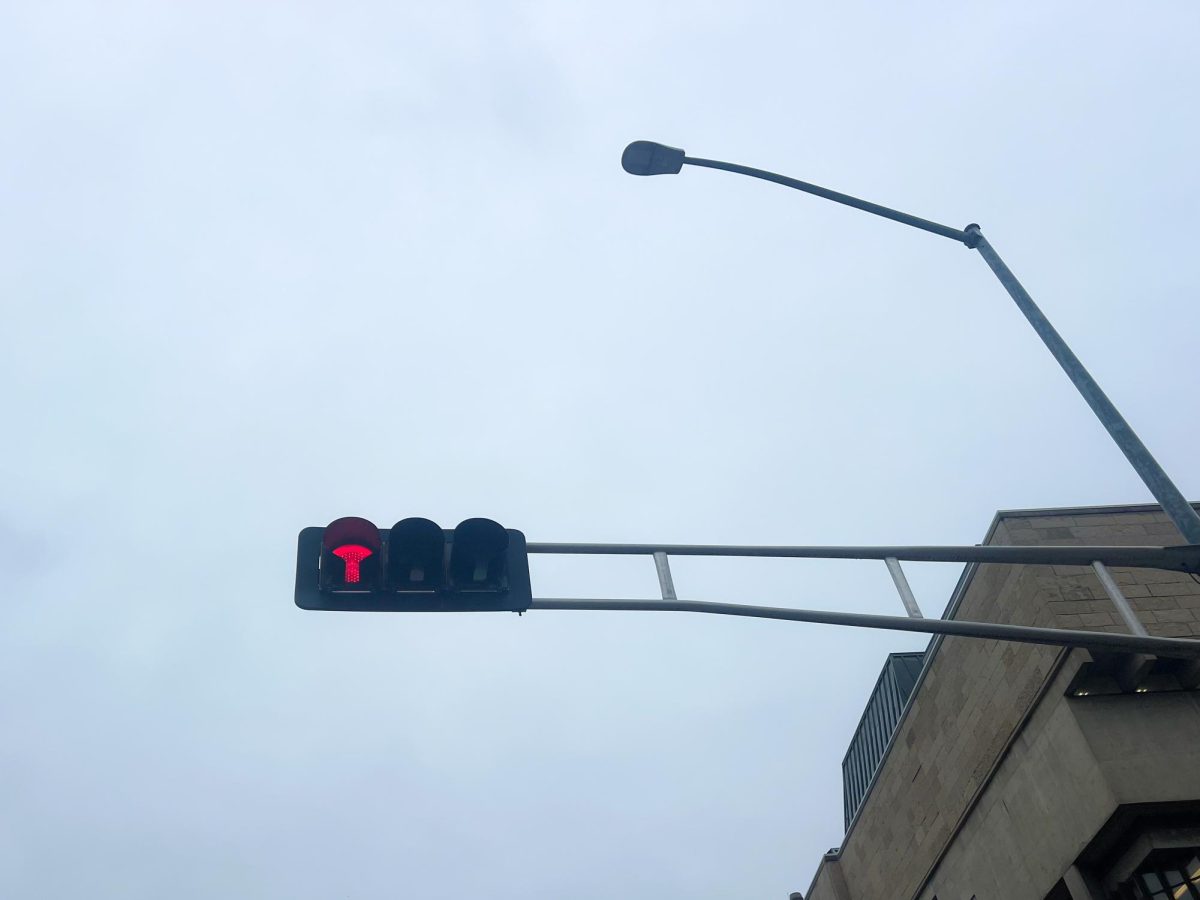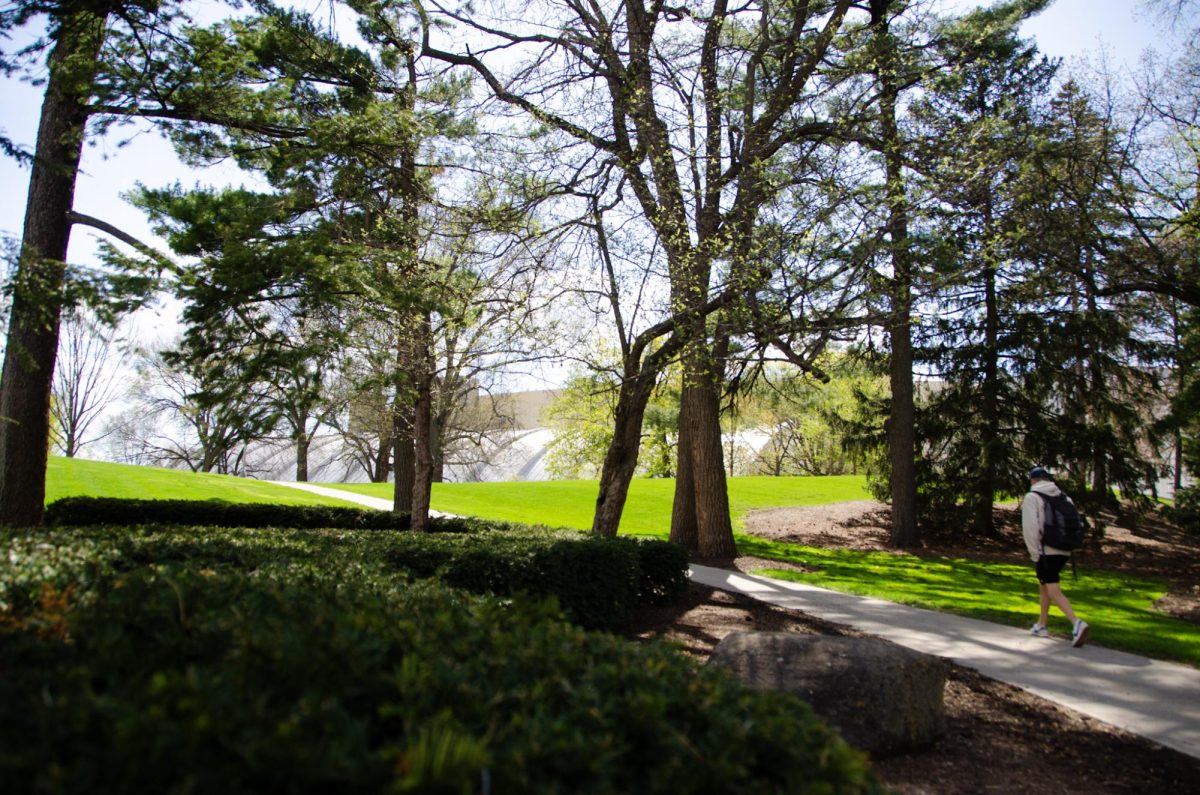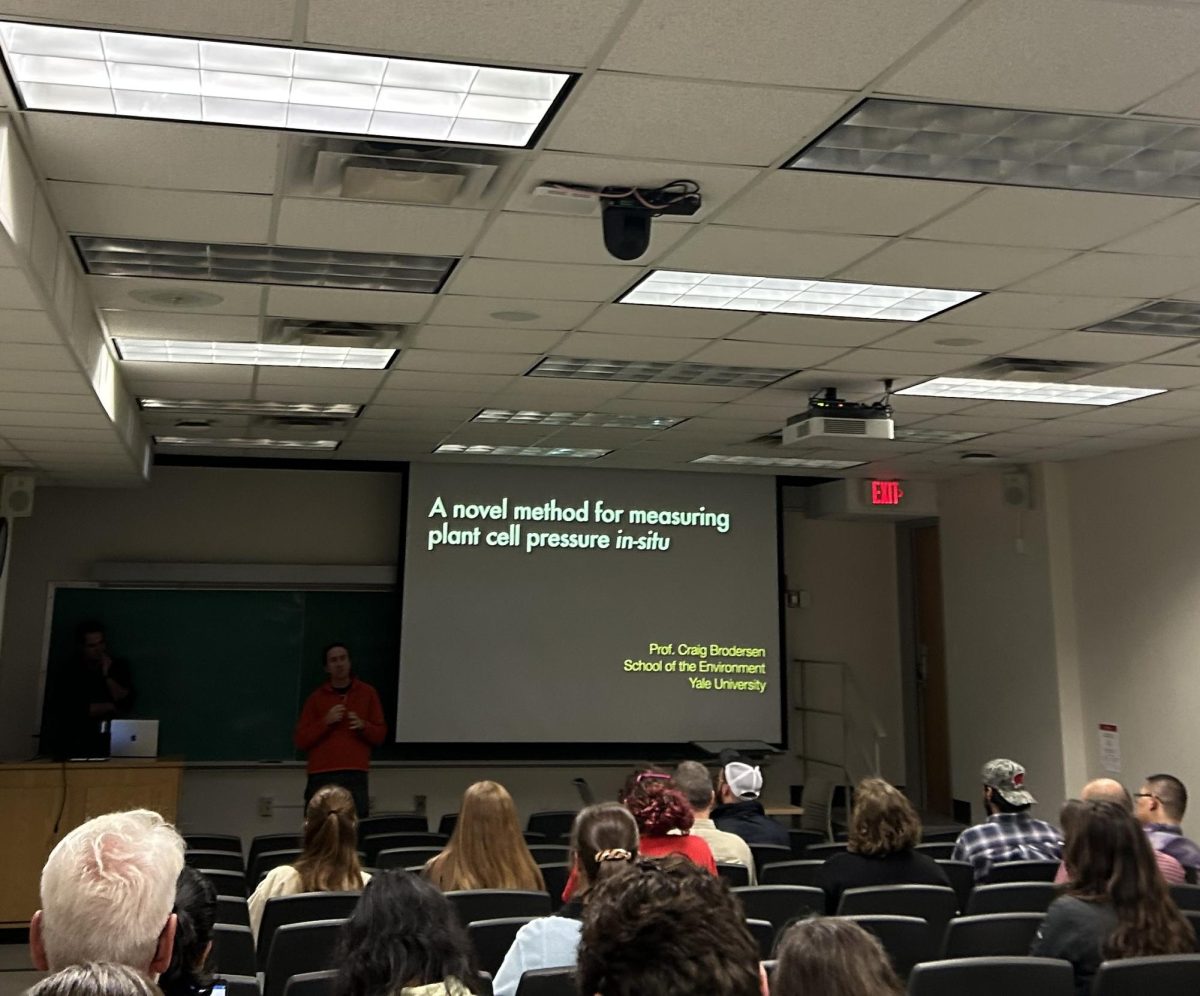Community members discussed University of Wisconsin’s Go Big Read pick, “Hillbilly Elegy: A Memoir of a Family and a Culture in Crisis,” during a book discussion at the Madison Public Library Wednesday.
The memoir by J.D. Vance has ignited conversations on campus about various social issues including poverty and access to resources. Telling a story of Middle-America and struggles faced by those in the Rust Belt, Vance describes his ascent from poverty in Middletown, Ohio to Yale Law School.
Discussion among book club members ranged from criticizing Vance’s depiction of the white, working class to praising him for being a self-made man.
Molly Warren, the discussion leader, started the conversation by asking what will happen to Middle America when industry dries up.
Libertarian author’s lecture met with opposition, protest from Madison community
Laurel Fletcher, Department Administrator at the Nelson Institute, expressed disappointment towards the memoir, claiming it didn’t meet expectations of previous Go Big Read picks.
“I don’t think he had a depth of knowledge, and he seemed to be making a lot of judgments based on small pools of data, rather than someone like the ‘Evicted’ author,” Fletcher said.
“Evicted: Poverty and Profit in the American City” by Matthew Desmond was last year’s Go Big Read, and received the 2017 Pulitzer Prize in general nonfiction.
Lisa Mettauer, a retired librarian, agreed with Fletcher’s sentiments. Mettauer claimed Vance’s story made broad generalizations about society.
War of words: Proposed legislation reignites tensions on campus over free speech
In contrast, several discussion participants said Vance provided valuable insight on class, culture and family in Middle America.
According to the New Yorker, Vance has become an unofficial spokesperson for white collar Americans. Discussion participants noted that “Hillbilly Elegy” may have been picked to help explain the political situation in the country.
Further discussion of “Hillbilly Elegy” will continue at the Go Big Read panel facilitated by a group of experts. This conversation is scheduled for Oct. 9 in Shannon Hall.













